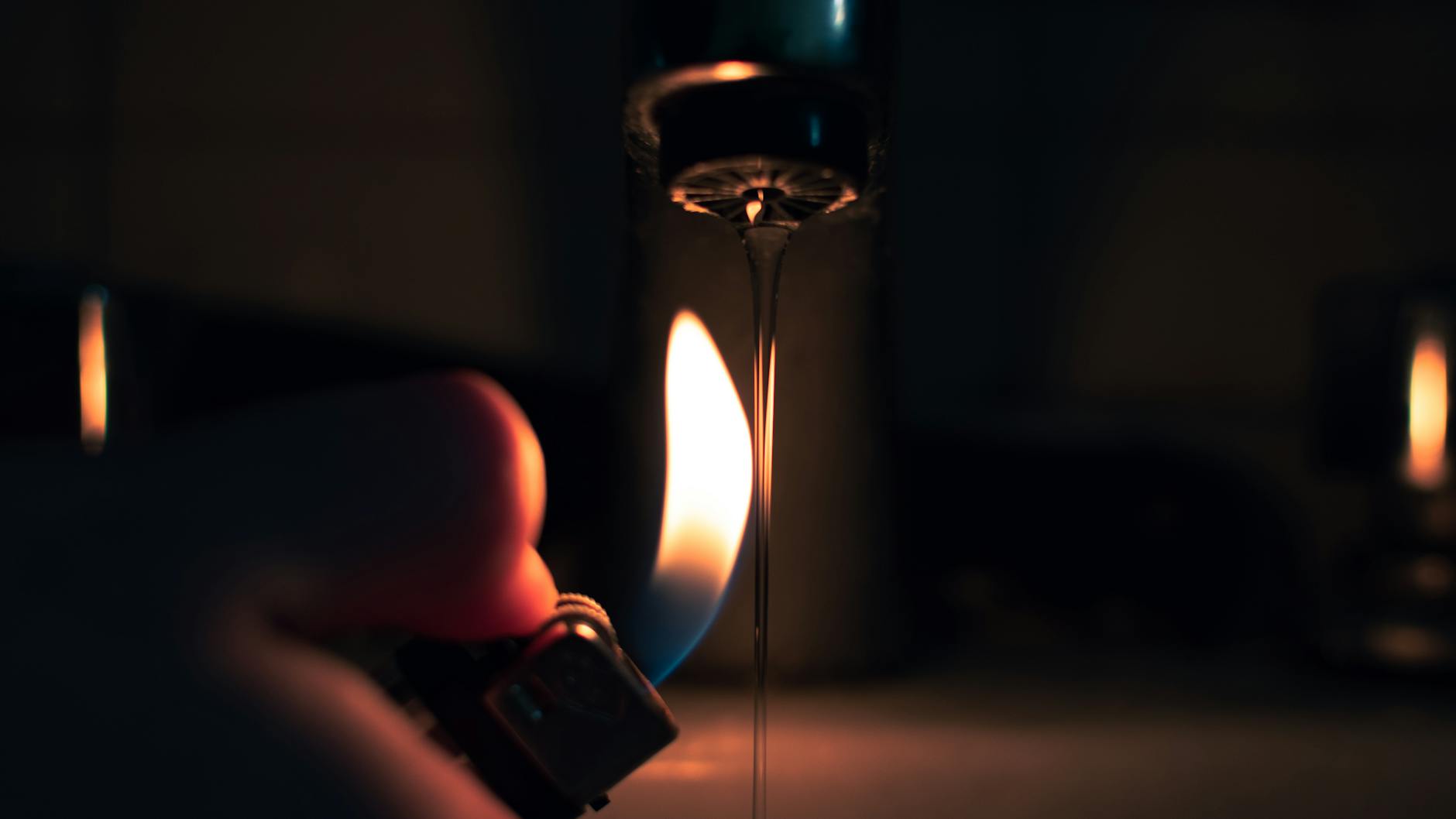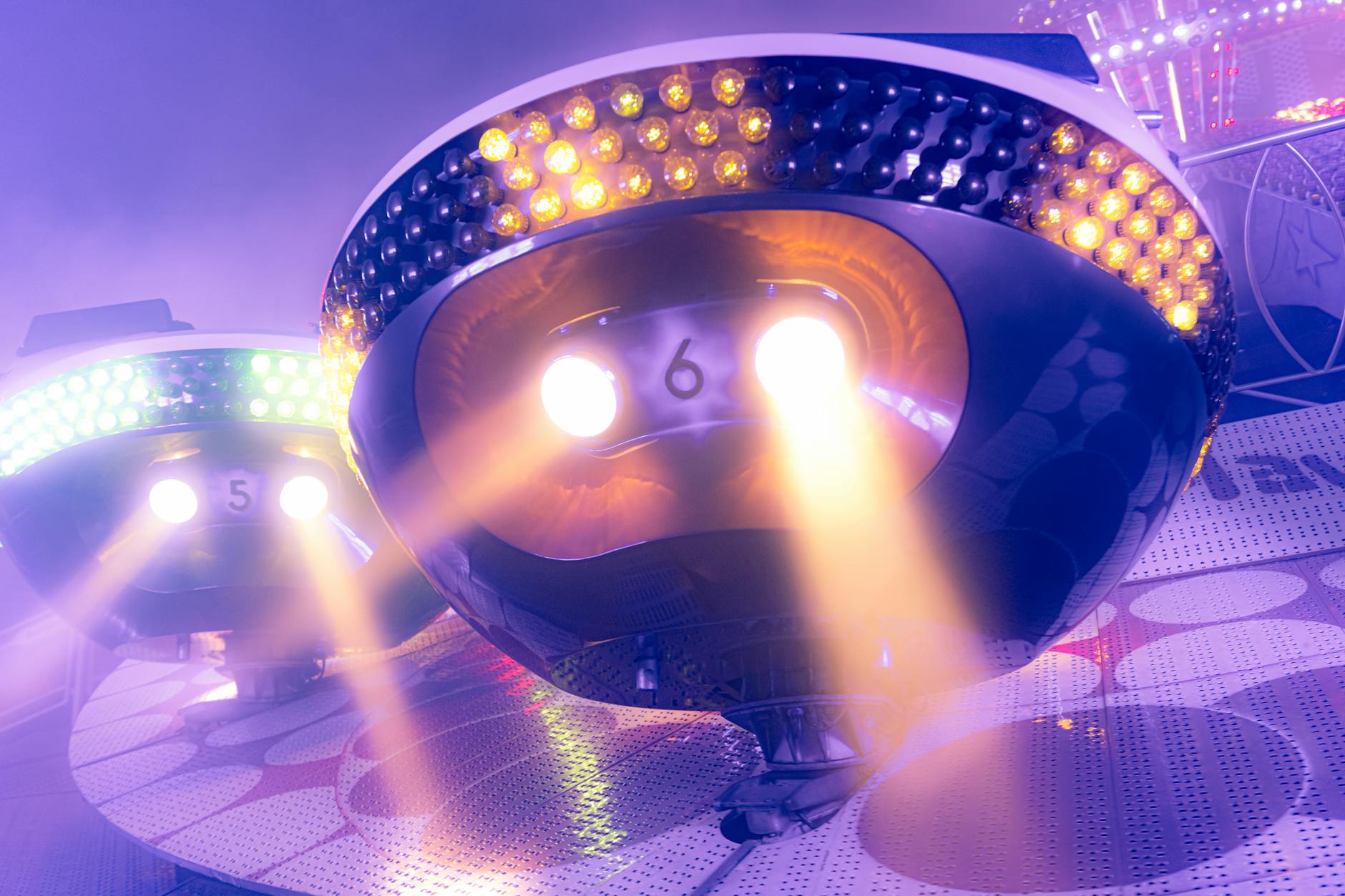Imagine stepping into a room where every color is vivid, where the warmth of the wooden floor, the creamy hue of the walls, and the vibrant colors of the artwork hanging there pop with a liveliness you’ve never seen before. This isn’t a trick of the mind but the magic of High CRI LEDs. In this post, we’ll explore how these lighting solutions can transform your home.
What are High CRI LEDs?
High Color Rendering Index (CRI) LEDs are the pinnacle of lighting technology designed to replicate the sun’s spectrum, bringing out the true colors of your home environment. Unlike standard LEDs, these bulbs go beyond mere illumination; they enhance color fidelity, making your home’s colors more vibrant and true to life. 
Benefits of High CRI LEDs
The primary benefit of High CRI LEDs is their ability to accurately render colors. This not only makes your home look more beautiful but can also have psychological benefits, improving mood and focus. Furthermore, these lights are energy-efficient and have a longer lifespan compared to traditional lighting options. 
Choosing the Right CRI for Your Home
Not all High CRI LEDs are created equal. The CRI value can range from 0 to 100, with a score closer to 100 indicating a higher quality of color rendition. For most home applications, LEDs with a CRI of 85 to 90 are sufficient. However, for areas where color differentiation is crucial, such as art studios or kitchens, opting for lights with a CRI of 95 or above is advisable.
Installation Tips
Switching to High CRI LEDs might seem daunting, but it’s quite simple. Start with areas where lighting is crucial for color differentiation. Ensure to choose compatible fixtures and consider consulting with a lighting professional to maximize the impact of High CRI LEDs in your home. 
Cost Consideration
While High CRI LEDs can be more expensive upfront, the long-term savings in energy bills and replacement costs can offset the initial investment. Additionally, as the technology becomes more widespread, the prices are gradually decreasing, making it a viable option for more and more homeowners.
Where to Find High CRI LEDs
High CRI LEDs are becoming more accessible, available at major home improvement stores and online retailers. Brands like Philips and GE offer a range of High CRI LED options, with detailed specifications available on their websites. Example Retailer is a great place to start your search.
Real-Life Applications
From creating an artfully designed living space to enhancing the ambiance of your kitchen, High CRI LEDs can make a significant impact. Here are some inspirational stories from homeowners who have made the switch. [IMAGE_4_HERE]
In conclusion, High CRI LEDs offer a myriad of benefits, from energy efficiency to improved aesthetics in your home. By understanding what CRI is and how it affects the perception of color, you can make an informed decision on how to upgrade your home lighting for the better.
Frequently Asked Questions
What is CRI? CRI stands for Color Rendering Index, which measures the ability of a light source to reveal the colors of various objects faithfully in comparison with a natural light source.
Are High CRI LEDs worth it? Yes, especially for areas where accurate color rendering is crucial. They can significantly enhance the ambiance and functionality of a space.
Do High CRI LEDs save energy? Yes, these LEDs are designed to be energy-efficient, consuming less power while providing high-quality light, making them a cost-effective option in the long run.
Can I replace existing LEDs with High CRI LEDs? Absolutely. High CRI LEDs are available in formats compatible with existing light fixtures, allowing for easy upgrades.
Where is the best place to use High CRI LEDs? Any area where accurate color rendering is desired, such as kitchens, bathrooms, art studios, and galleries, is ideal for High CRI lighting.




